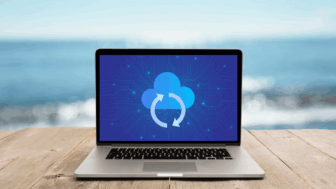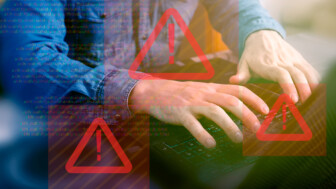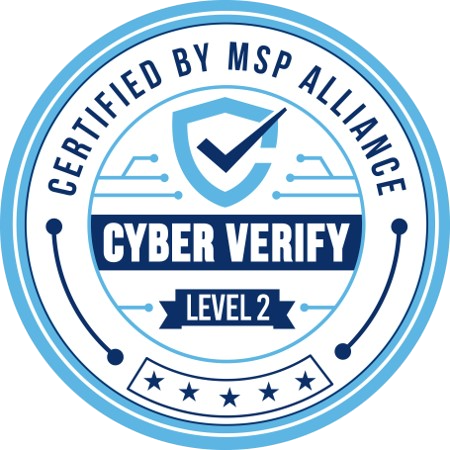Five Reasons Two Factor Authentication Will Enhance Cyber Security
Here are a few reasons that two-factor authentication will protect your data and enhance your company’s cybersecurity measures against hacker intrusions.

According to the US FBI Internet Crime Complaint Center, in 2018 they received 20,373 complaints of Email Account Compromise. By either hacking email accounts or direct computer intrusions, the scammers used fraudulent access to steal more than $1.2 billion. Unfortunately, this is just one way that hackers can use to steal your hard-earned resources. That is why companies around the world use managed security solutions that use two-factor authentication to protect their companies.
Simply speaking, two-factor authentication is using an additional authorization tool after the login and password. Here are a few reasons criminals using the digital turf hate dual authentication processes.
Cyber Intrusions Are Twice As Hard With Second Step Login
Despite the depiction in Hollywood, hacking is not an easy process that takes only minutes of furious typing to break into the most secure places on Earth. Hacking can be frustratingly long and tedious and generally involves lots of failures for every success. Adding a second level to your verification can make the process twice as long. The more time a hacker takes, the more likely they are to be detected and blocked.
No More Automatic Login Mistakes
By this point, everyone has been warned about the dangers of using untrustworthy computers or networks to access sensitive data. Occasionally, however, people do log in to sensitive websites on shared computers. This can be especially problematic when they forget to log out, close the window, and clear the history of any passwords. Without these steps, the next person to use the computer may be able to back into the page and use the saved login and password to access your data. Certain two-factor authentication types require additional information less likely to be saved by the computer, like selecting a particular image as proof of identity.
Two-Step Verification Using Multiple End-User Devices
Some forms of two-step verification processes make use of our tendency to carry multiple end-user devices. For example, you attempt to use a laptop to log in to your bank, and they send a verification code to your phone. You have to know your password and enter the code to access your account. This creates an additional level of security because someone would need access to your security information and your phone to access your account.
Second Step Login Using A Separate Account
Hackers use many different processes to gain access to your confidential information. They may attempt to gain direct access to your computer by getting you to download dubious material. They may also use a process like phishing where they create an email address that is similar to a bank or government entity and request login or password information from unsuspecting victims.
If your login process uses a separate account as a second step to the process, hackers will need twice the information to gain access. You may, for example, have a numerical code sent to a separate email account any time someone attempts to log in. They would need login and password information for both the proprietary application and the separate email address to gain access.
Using Captcha To Prove The User Is Human
In a move right out of science fiction, many hackers create bots to automate the process of stealing login and password information. These bots will keep trying to guess your information until they finally get something right. Captcha uses blurry words, audio files, or picture context clues to distinguish humans from software. That means hackers have a harder time letting the software do the work.
Call Today To Update Your Security
Using a managed IT service firm is a great way to leave securing your business to the experts. Kraft Technology Group is your Nashville partner for all your managed services needs. Contact us today for a free consultation!





